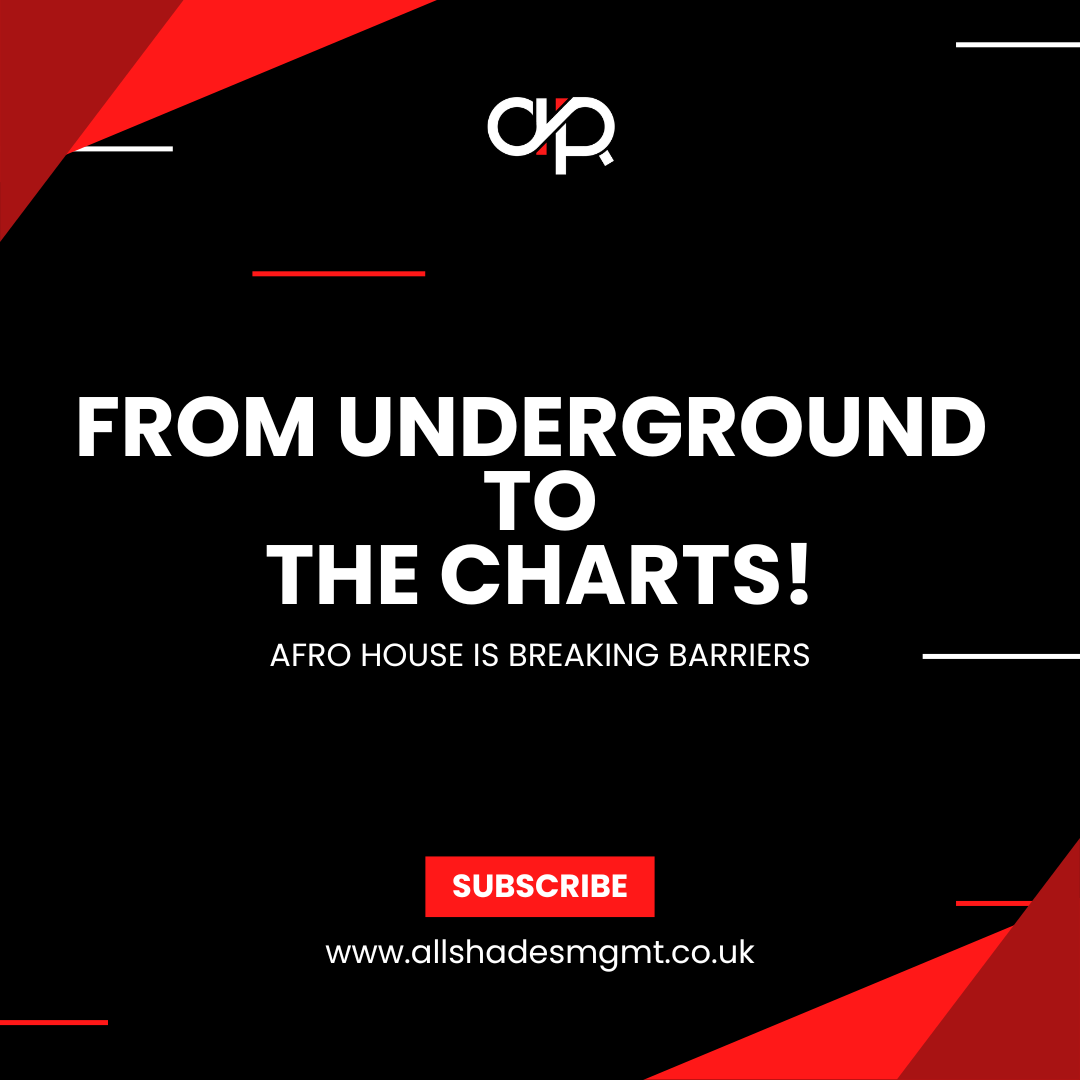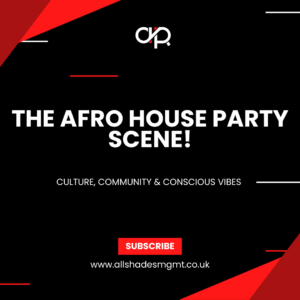Afro House is no longer just a niche genre echoing in basements and late-night sets—it’s crossing over into global consciousness, infiltrating the charts, and redefining what mainstream success looks like for African-rooted electronic music. The journey from underground sensation to international acclaim hasn’t been easy, but Afro House is proving it’s here to stay.
The Roots: Afro House in the Shadows
Born out of South African house culture and propelled by diasporic creativity, Afro House developed in communities that lacked visibility in the mainstream EDM scene. Producers used humble setups, often in bedrooms or small studios, to craft percussive, soul-rich tracks that echoed their lived experiences. Early adopters in Angola, Mozambique, and Cape Town championed this sound.
Breaking Through with Authenticity
Unlike trends that are manufactured for virality, Afro House spread through genuine love and community. Its rise can be credited to the passion of local DJs, word-of-mouth, and diaspora communities sharing music at events and online. The authenticity of Afro House is its biggest weapon. Even as it enters more commercial arenas, it maintains an emotional honesty that resonates deeply.
The DJs and Producers Making Waves
Artists like Black Coffee, Culoe De Song, Shimza, Da Capo and so much more have all played significant roles in pushing Afro House globally. Through residencies in Ibiza, features on global radio stations, and appearances in high-profile festivals like Tomorrowland and Boiler Room, they’ve opened doors for new artists to break through. In the UK, All Shades of The Drum Recordings continues to amplify voices that blend Afrocentric rhythms with deep house finesse.
Streaming and Social Media: New Gateways
Spotify playlists like “Afro House Movement” and “Global House” now feature Afro House tracks prominently. TikTok dance trends, Instagram DJ reels, and YouTube mini-documentaries have made it easier for fans to discover and engage with the genre. The accessibility of digital platforms means Afro House is just one scroll away from a global listener.
Collaborations and Crossovers
Another reason for the genre’s growing popularity is its ability to blend. Afro House collaborates seamlessly with Afrobeat, Amapiano, Techno, and Deep House. Vocalists like S.A.N.E., Lizwi, Nuzu Deep and producers like DJ Jim Mastershine, Drumetic Boyz, Lilocox, Zulu Mageba & DJ IC are creating tracks that appeal to both purists and casual fans. These collaborations are inviting listeners from other genres into the Afro House ecosystem.
Breaking Chart Barriers
Tracks from the Afro House world are now entering global charts. Whether it’s a DJ topping Beatport or a track climbing the iTunes Dance rankings, the numbers don’t lie. Afro House is more than a vibe—it’s a charting force. This visibility is crucial for artists who have historically been overlooked by traditional gatekeepers.
Challenges Remain
Despite the progress, Afro House still faces challenges: underrepresentation in major labels, lack of infrastructure in origin countries, and occasional cultural appropriation by mainstream acts. But with independent labels like All Shades of The Drum Recordings, DM Recordings and WeAreIdyll leading the charge, and fans demanding more diverse sounds, the tide is turning.
Afro House is a Movement, Not a Moment
The shift from underground to the charts is not a fluke—it’s a testament to the power of rooted, community-driven music. As more fans discover the soul, story, and rhythm of Afro House, the genre will only rise higher.
Ready to ride the wave?
Subscribe to All Shades Mgmt for exclusive updates, artist drops, and behind-the-scenes stories that celebrate the evolution of Afro House.





